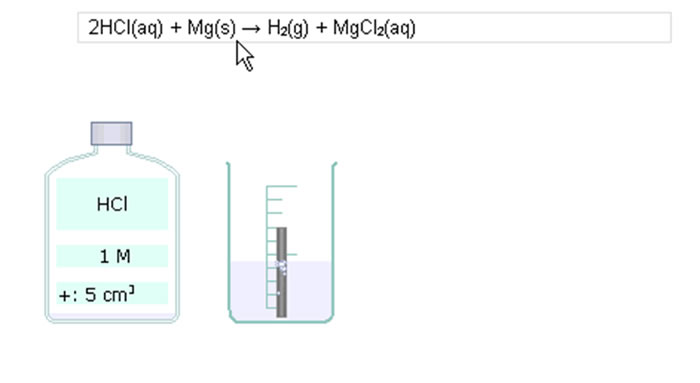

However he was not able say which companies, for commercial reasons. He confirmed American pharmaceutical companies were now looking at making products to target bacterial, and potentially fungal, infections based on the science. "We think that they can be used as a new source of antibiotics for human and veterinary use," Mr Merchant said. This month, Mr Merchant told the ABC he had been able to isolate a small protein in the white blood cells of alligators that effectively killed bacteria and fungi. They worked to isolate the antibodies that protect crocodiles from serious infection in 2005.

But one expert says while American companies are now seizing on the science, the Territory has been left behind. More than a decade ago Darwin and American researchers teamed up to investigate the use of crocodile blood in antibiotics. We've got all sorts of variables we can work with up here."īut while he said the NT used to be a leader in crocodile research internationally, the NT Government currently does not allocate any funding to investigating the use of crocodiles in the medical industry. We've got lots of knowledge about the crocs. "Could it be something where we could do something very pivotal? Yes I think we could," Dr Webb said. He points out there are very few areas where Australia's least-populated jurisdiction can compete on the world stage and crocodiles is certainly one of them. Given the waning effectiveness of many antibiotics, experts have been racing to find new sources.īut as major pharmaceutical companies in America are reportedly already hard at work developing products using crocodile blood and oils, crocodile researcher Grahame Webb is urging the Northern Territory to get involved.

In fact, proteins from the killer reptile are showing promise in a whole range of medical treatments for their antibacterial properties.


 0 kommentar(er)
0 kommentar(er)
